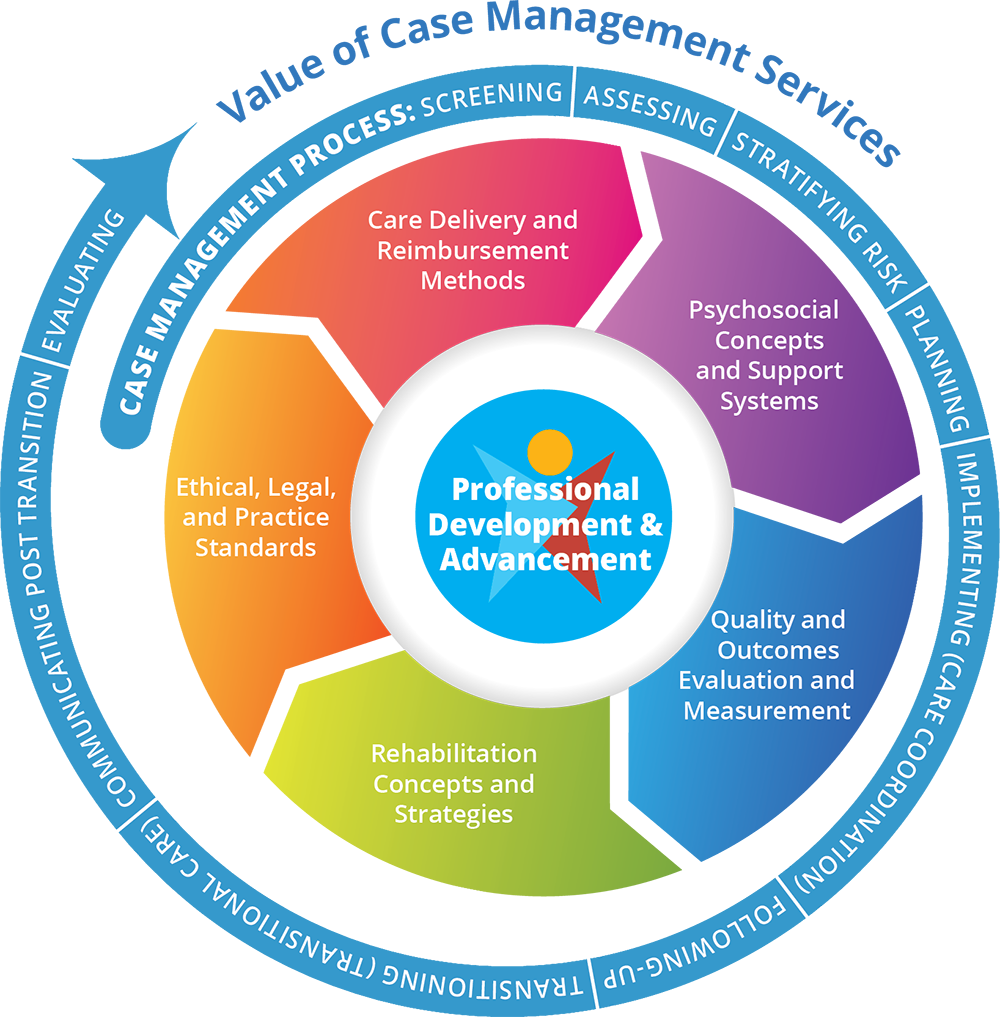A very important and common issue is the need to keep patients on track with their medications. Many patients
are unaware of the consequences of nonadherence. After a heart attack, patients often feel overwhelmed
and it can be easy for them to miss vital information. A study has shown that many patients don’t have a good
understanding of their treatment plans and medications as they leave the hospital. Patient education about the
medications they are prescribed is vital to devising a successful medical plan.1
Nonadherence to medications is common for patients with cardiovascular diseases
One study in patients discharged with prescriptions for aspirin, statin, and beta-blockers after acute myocardial
infarction found that within 1 month:
- 18% of patients stopped at least 1 medication
- 12% stopped all 3 medications
The transition from hospital discharge to the outpatient setting is a critical period to ensure
that patients continue to take their medications as their doctor prescribed after a heart attack.
However, the risk of nonadherence continues beyond this period.
Keeping patients engaged
One reason patients need to take medication is to help reduce the risk of having another heart attack.
Starting a routine can be difficult, and it often takes some time for patients to adjust. It is not uncommon for
patients to express frustration about keeping track of prescribed medications—especially if they are taking
several new medications.
The following are some methods that can help maintain adherence with new
medications:
- Using a medicine tracker, such as a pill box, to manage daily doses
- Sharing medication information with their team of health care professionals
- Keeping a list of medications in a convenient place
- Using a medication tracking app on their smart phones
Cardiac medications
After a heart attack, the guidelines recommend prescribing the following classes of medications4*:
- Antiplatelet agents help keep blood clots from forming by preventing blood platelets from sticking together and forming a new and dangerous clot that can cause another heart attack
- Angiotensin-converting enzyme (ACE) inhibitors lower blood pressure by primarily decreasing resistance by lowering levels of the enzyme angiotensin II
- Angiotensin II receptor blockers (or inhibitors) block the effect of the hormone angiotensin II, causing the blood vessels to relax. This helps lower blood pressure. (Given to patients who are unable to tolerate ACE inhibitors)
- Beta-blockers decrease the heart rate and cardiac output, which lowers blood pressure and makes the heart beat more slowly
- Statins lower blood cholesterol levels, particularly LDL, the "bad" cholesterol
- Sublingual nitroglycerin relax the coronary arteries, easing the heart's workload5
Remind patients to inform their doctor about other medications they are taking—even over-the-counter medications. Some medications have adverse effects when taken together.
*Other kinds of medication may be prescribed by a doctor. Advise patients to consult with their doctor.

